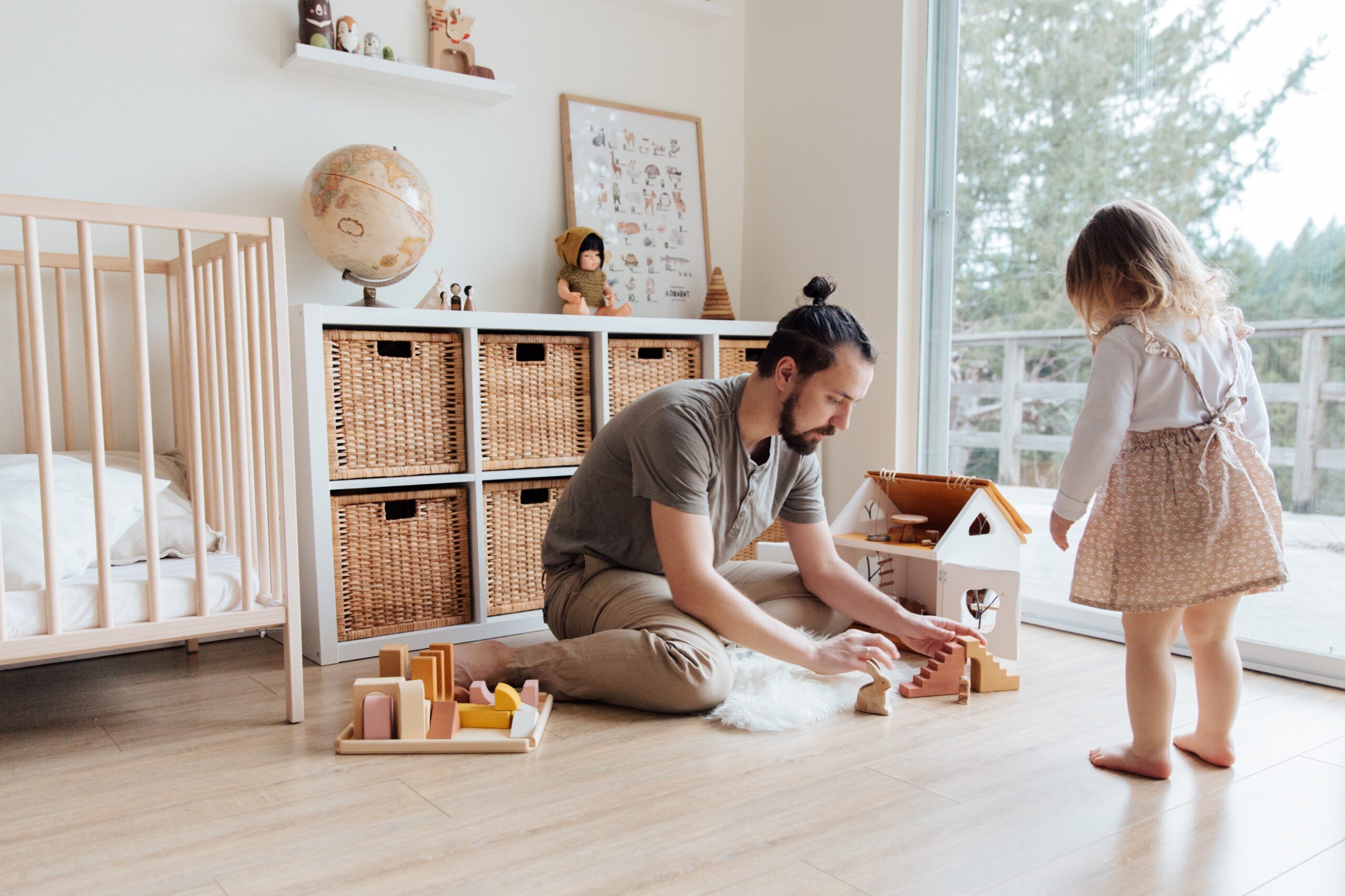Divorce, family separation and extended work hours often mean that parents need to split their supervision and care of their kids. This can bring a lot of stress to all parties involved. After all, you want what is best for them. You may not be sure, however, when it comes to many of the questions, such as—who will get custody? Will they stay with you? How will they be supported?
Parenting Matters in Australia
Family law disputes on who has care and legal responsibility are now known as parenting matters in Australia. In these cases, the court makes orders to help parents set arrangements to live with or visit their children, so they can fulfil their duties and guide their children accordingly.
The Australian Family Law Act requires that children’s best interests be the primary consideration. In this situation, it’s not merely about the parents’ rights to see their children. The court instead focuses more on children’s rights to see their parents—if it’s in their best interests.
The Best Interests of the Child

The Family Law Act includes a rebuttable presumption that practising equal shared parental responsibility is in the best interests of the child. This presumption, however, may not work if a parent has engaged in family violence, affecting the child or another family member.
So when determining the best interests of the child, the court may consider:
- Whether the child benefits from having a relationship with both of their parents
- Whether there’s a need to protect the child against physical and psychological harm from being subjected to (or exposed to) neglect, violence or abuse.
If these two considerations are at odds, the Family Law Act specifies that the second point will have a greater value than the previous consideration. The court will always place importance on the child’s safety, even if that means they won’t have an intact relationship with a parent.
The court may also consider other factors regarding the child’s best interests, including:
- What the child wants
- The dynamics of the relationship that the child has with the parents or grandparents
- Whether each parent actively participated in their parenting role before the divorce
- Whether the parent has supported the child financially
- The attitude of each parent
- The background, culture and lifestyle of the child and the parents
- Whether there’s a record of family violence
Parenting Arrangements
In Australia, family law courts can make orders regarding parenting arrangements under two main areas: parental responsibility and care time. Parents have an unequivocal responsibility to take care of and protect the child. This can include a commitment to:
- safeguard your child from harm;
- provide your child with food, clothing and a place to live;
- financially support your child;
- offer safety, supervision and control;
- provide appropriate medical care and attention; and
- provide an education.
Both you and your former partner have an obligation to your child until they turn 18. This duty doesn’t change regardless of the change in relationship with the other parent.
Common Parenting Orders
If you’re wondering about the parenting arrangements you can make, here are the common parenting orders you can apply:
- That the child lives for half their time with one parent and half the time with the other
- That the child lives primarily with one parent but stays for set periods with the other parent
- That the child resides with one parent but spends time regularly with the other (without staying overnight at the other parent’s place)
- That the child lives with one parent and has supervised contact with the other
A court may also make orders that the child spends time with other important people, such as their grandparents or aunts and uncles. These parenting orders are likely to be granted when there’s a dispute between the parents but such contact remains important for cultural reasons.
For other child custody concerns, don’t hesitate to contact top Adelaide lawyers today.

